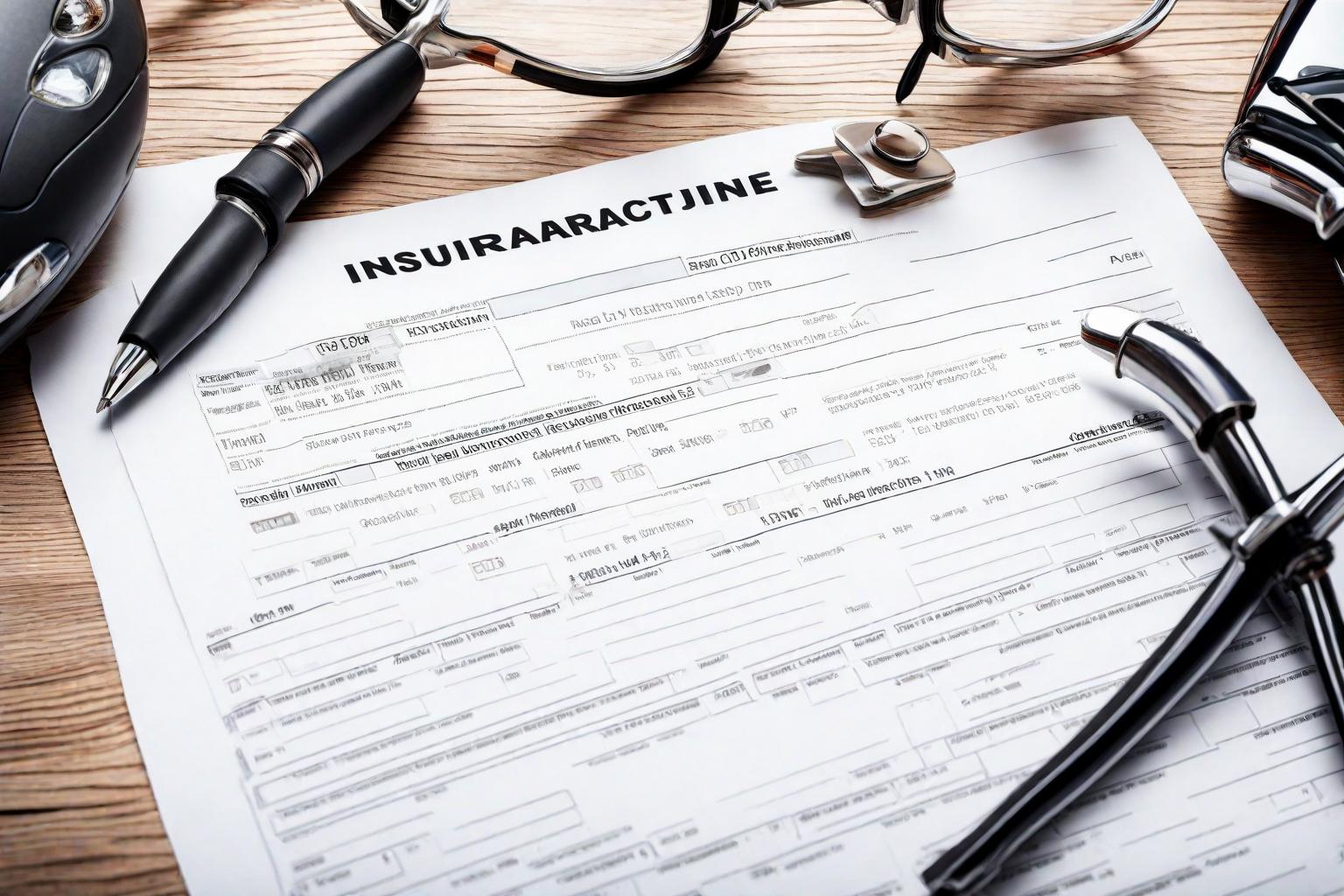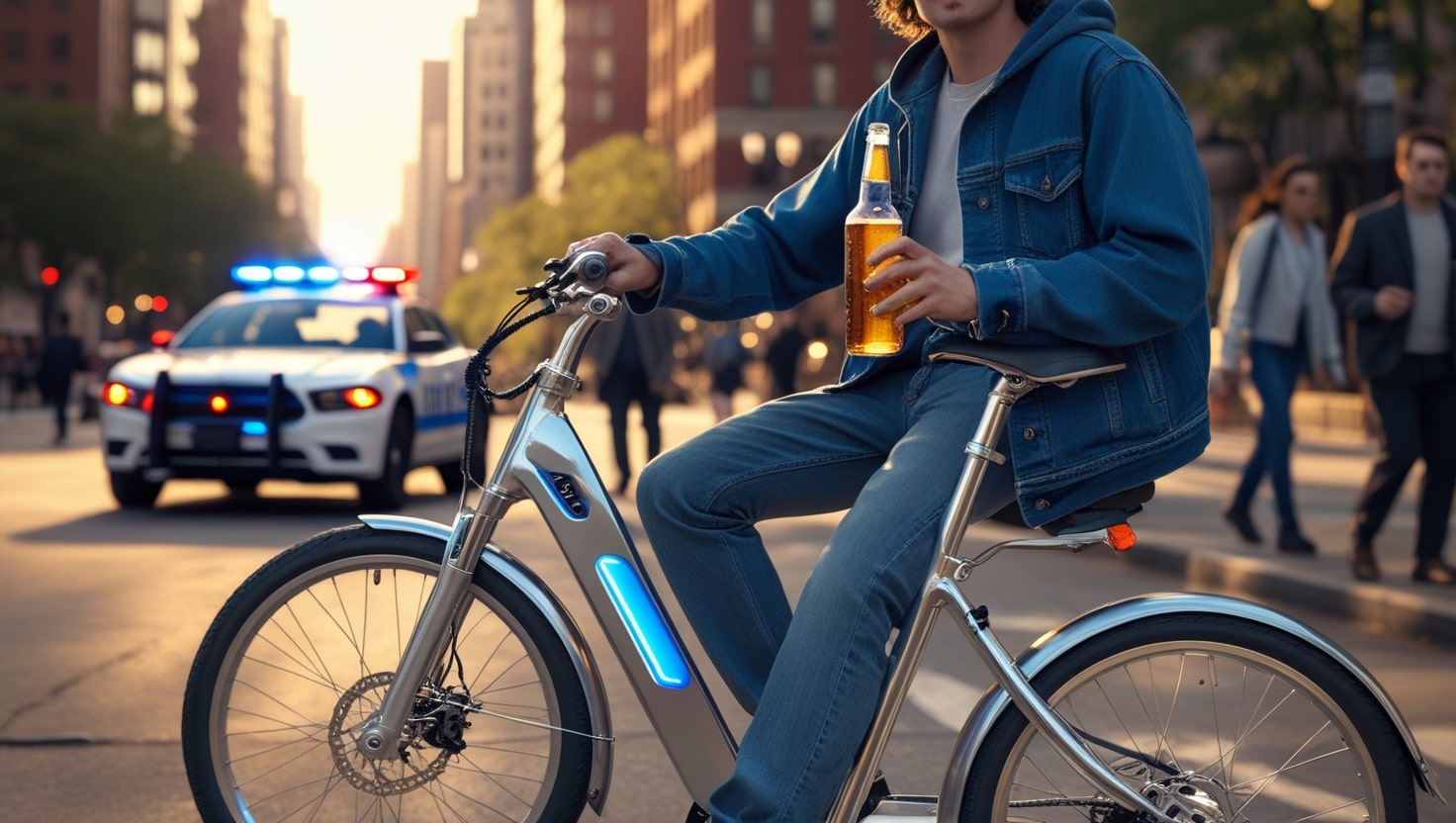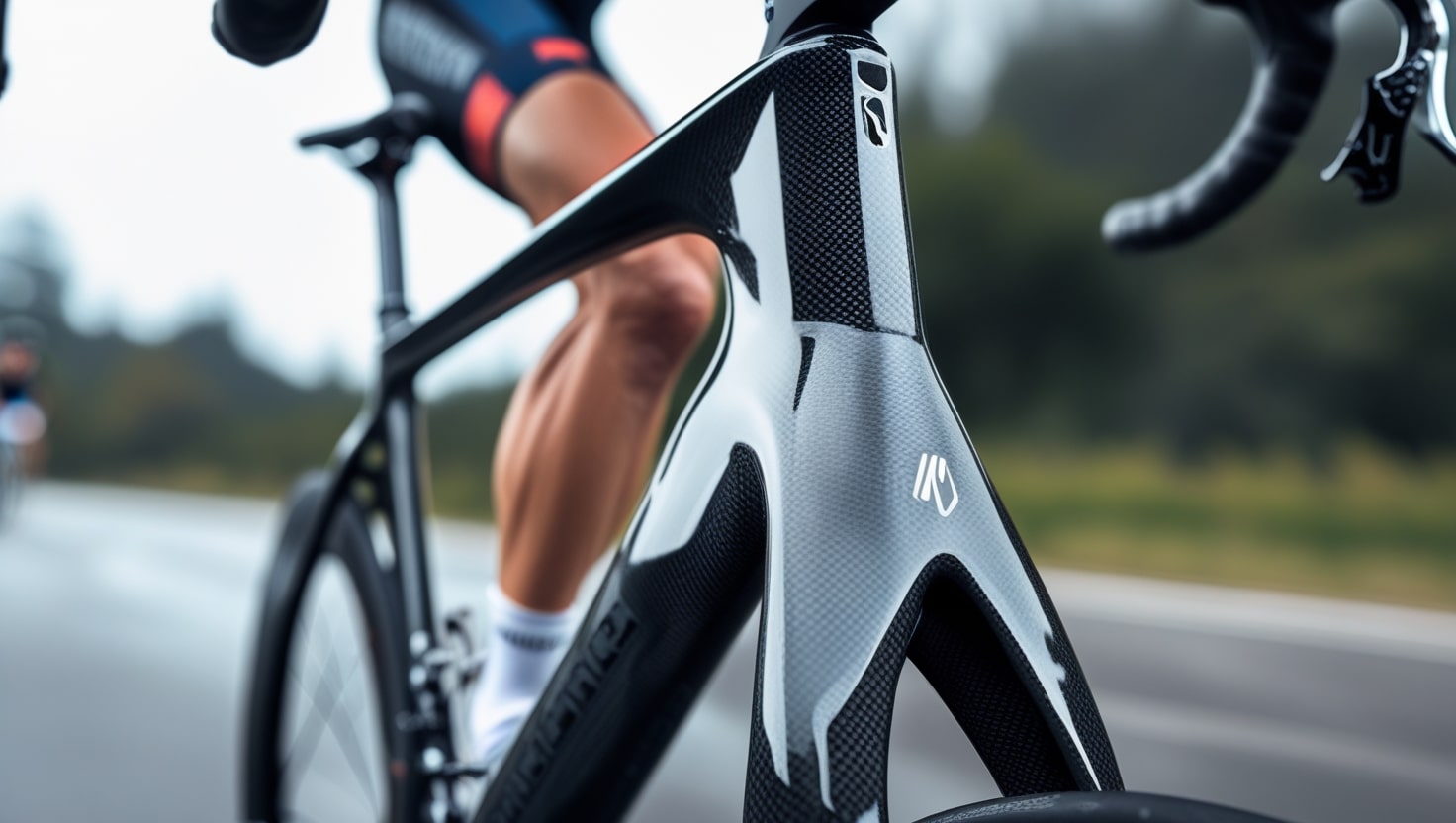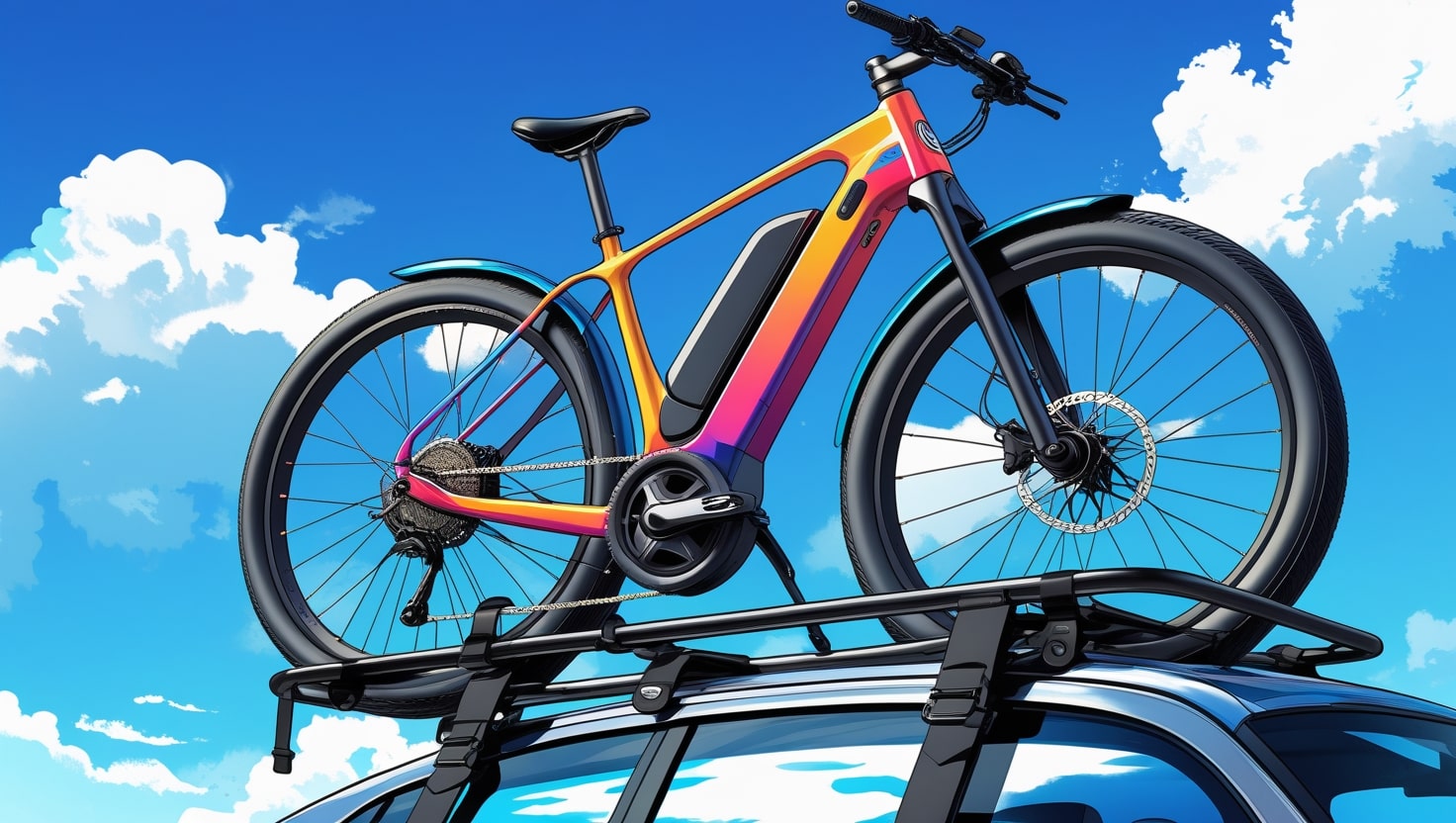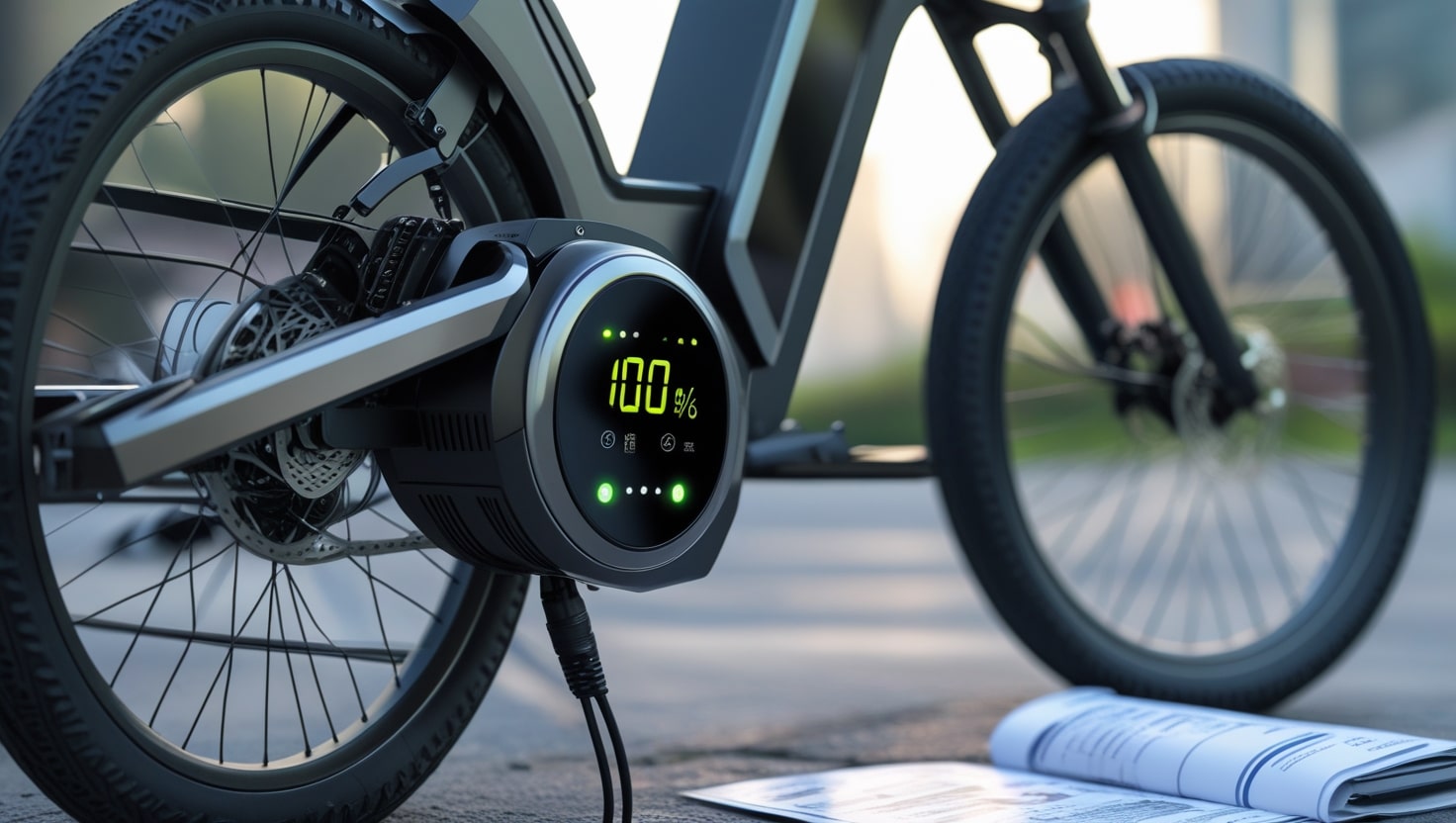Riding a motorcycle in Florida feels free, but it comes with responsibility. Unlike four-wheeled vehicles, motorcyclists don’t need to provide proof of insurance when they register their bikes. However, this doesn’t mean riders are off the hook. They are still financially responsible for any injuries they may cause in an accident. Because of this, many riders find that opting for a liability policy is a good choice. Being proactive about your financial responsibility can help you avoid serious headaches in case of a crash. Personally, I’ve always felt safer with coverage, knowing that if something went wrong, I’d be protected.
If you’re ever involved in a collision as a motorcyclist and it’s caused by someone else, the no-fault coverage that most drivers benefit from doesn’t apply to you. That means you’ll need to explore other options to recover compensation. A motorcycle accident lawyer can guide you through the steps and help you understand how the process works.
Read for more information on “Do you need insurance for a motorcycle in Florida”
Understanding Florida’s Auto Insurance Requirements
Florida is known for its complex auto insurance requirements, but things are a bit different if you ride a motorcycle. The Florida Highway Safety and Motor Vehicles (FLHSMV) sets clear rules for drivers with four wheels or more, requiring them to carry personal injury protection (PIP).
This no-fault insurance covers a portion of a policyholder’s medical bills and lost income after a crash. However, these policies don’t apply to motorcyclists, meaning riders need to explore other options, especially if they want to pursue compensation after an accident.
Certain laws also state that drivers who cause a crash must have a minimum amount of coverage to protect others if someone suffers serious injuries. It’s essential to understand these requirements if you’re a rider in this state, as failing to meet the criteria can complicate your recovery process after an accident.
High Costs of No Motorcycle Insurance
In Florida, while motorcycle insurance laws only require motorcycle riders to have at least $10,000 in medical benefits, this amount may be far less than what’s necessary after a crash. Many bikers don’t realize how severe the injuries can be, making it crucial to have coverage that goes beyond the minimum.
Although this $10,000 policy might help with some medical costs, it may not fully protect you from liability in case of serious collisions or crashes. Riders can also use regular health insurance or a dedicated policy to cover what the state’s motorcycle helmet law doesn’t. Personally, I’ve seen many riders regret not opting for more specific coverage when they’ve sustained severe injuries. Florida accident and insurance regulations provide bikers with less protection than drivers, including:
No PIP coverage: In Florida, unlike operators of motor vehicles with four wheels or more, motorcycle riders do not have access to personal injury protection (PIP). This means if they are injured in an accident, there is no guaranteed PIP payment for their medical bills, even if they have PIP for another vehicle. Riders must cover these costs on their own or through other insurance.
Lack of no-fault protection: The no-fault laws that apply to motor vehicle accidents in the state of Florida do not cover motorcycles. These laws, which are designed to ensure that vehicles with four wheels or more are covered, exclude motorcycles. As a result, if a motorcycle rider incurs more than $10,000 in injury costs from a motorcycle crash, they will have to seek compensation for their medical bills and lost income from the other driver.
Penalties for causing an accident: Even though motorcycle insurance isn’t legally required in the Sunshine State, riders can face significant penalties if they are at fault in crashes. If a rider causes an accident and does not have liability insurance, they risk having their license suspended, losing their riding privileges, and even facing civil fines. It’s important to understand that the consequences of riding without insurance can be severe.
Although it’s not mandatory, getting motorcycle insurance is highly recommended if you’re riding in Florida. Many insurance companies offer a bundle option to cover both the motorcycle and the car, often at a discount. They may also include uninsured motorist coverage to protect you in the event of an accident with an uninsured driver or a hit-and-run.
Related: Can You Lease a Motorcycle?

What Happens When a Motorcyclist Is Hurt in a Florida Crash?
When a motorcyclist is involved in a crash in Florida, the process is different from typical car accidents due to the state’s no-fault laws. Motorcycles are excluded from the state’s PIP requirements, which means crash victims can’t seek compensation through their own insurance company like drivers of other vehicles. Instead, if a motorcyclist is hurt while riding and another driver is at fault, they have the right to sue and hold that driver legally responsible for their injuries.
Unlike typical traffic accidents where certain criteria must be met to prove the injuries are serious, a motorcyclist doesn’t need to show that their injuries meet statutory thresholds. They can pursue compensation through a liability insurance claim or a lawsuit regardless of the severity of the injury. This allows riders to seek justice directly from the at-fault driver, bypassing the limitations placed on other motorists in Florida.
Related: What Motorcycle Should I Get
What If a Motorcyclist Causes a Florida Injury Accident?
When a motorcyclist in Florida causes a crash, they must follow Florida’s financial responsibility law, just like all drivers. This means they need to show they can pay for bodily injury or property damage. To meet these requirements, many motorcyclists purchase an auto liability insurance policy.
For example, they need coverage of at least $10,000 for the injury or death of one person, $20,000 for the injuries or deaths of all victims, and $10,000 for property damages.
If the crash victim was driving a passenger car, their PIP coverage would cover part of their medical care costs and lost income. But in cases of serious injuries, the victim could seek additional compensation from the at-fault motorcyclist. At that point, the motorcyclist would need to provide proof of financial responsibility by showing they have an auto liability insurance policy for their motorcycle.
What Are My Options If I Suffer Injuries in a Florida Motorcycle Accident?
If you’re involved in a collision in Florida and suffer injuries due to another driver’s carelessness or recklessness, understanding your options for seeking compensation is important.
Florida law around motorcycle insurance can be complicated, but there are ways to cover your costs. You might rely on your health insurance or medical payments coverage to handle medical bills. Alternatively, you could file an auto liability insurance claim against the at-fault driver, or even file a lawsuit if necessary.
It’s often best to discuss your case with a personal injury lawyer who handles motorcycle accident claims in Boca Raton, Florida. They know the insurance system and can help you recover compensation based on the facts of your case. Your lawyer will manage communication with the insurer, protect your right to fair compensation, and identify available insurance coverage. They will also investigate the accident, gather the necessary evidence, and present a compelling case for a payout. They will negotiate with the insurance adjuster and, if needed, sue the liable party.
Many personal injury lawyers work on a contingency basis, which means you don’t have to pay upfront. Their attorney’s fees are a percentage of your financial recovery, so they only get paid if you win your case. This ensures they are motivated to help you recover as much as possible.
Unique challenges faced by Florida motorcycle owners
Some people may choose to forgo getting motorcycle insurance to save money or because the law allows it. However, motorcyclists face specific risks that make insurance a smart choice.

Uninsured and underinsured drivers
In Florida, while drivers are required to carry auto insurance, about 1 in 8 don’t have it. This puts motorcycle riders at risk, especially in a negligent accident caused by an uninsured driver. If a motorcyclist suffers a serious injury in such an accident, they may need to rely on their own motorcycle insurance policy to cover their resulting injuries and motorcycle damage. Without adequate coverage, motorcyclists can face significant financial strain after these accidents, as they still have to sustain the costs of the damage caused.
Unpredictable Florida weather
In Florida, afternoon showers are common, and even a light rainstorm can reduce visibility and make roads slow for motorcyclists. These sudden inclement weather changes can be very distracting, making it harder for riders to stay safe on the road. While it’s ideal for motorcyclists to take up shelter and wait until the weather clears before returning to the road, sometimes they have no choice but to travel through it to reach a safe location. Frequent storms in Florida make riding even riskier for uninsured motorcycle riders.
Sunlight that reduces visibility
Florida’s bright, sunny weather is one of the things that attract many residents and visitors to the state, but it also presents risks for motorcycle riders. Sunlight can reduce visibility on the road, especially when bright sunlight reflects off a vehicle’s mirrors, making it difficult for a driver to see a nearby motorcyclist. Since motorcycles take up just a small portion of a driver’s visual field, these very bright conditions can significantly increase the risk of a vehicle-involved motorcycle accident.
When riding in Florida, motorcyclists should be aware of how bright glare from the sun can affect their visibility on the road. The reflection of sunlight can limit a driver’s ability to see clearly, making it essential for riders to stay alert and cautious in such situations.
Heavy traffic
With tourists flocking to Florida, the roads are often packed, creating increased traffic. While some local motorcyclists may feel safer because congested traffic moves slower, the reality is that there are more risks. Motorcycle riders frequently have to share lanes with cars in heavy traffic, which can be dangerous, especially in Florida’s metropolitan areas where daily gridlock is common during peak travel times.
Riding through these congested roads means it’s crucial to have a layer of financial protection. By carrying motorcycle insurance, riders ensure they’re protected from the added dangers of riding in high-traffic areas.
Florida motorcycle riders are not required to wear a helmet
In Florida, motorcyclists over 21 are not required to wear a helmet if they carry motorcycle insurance. However, the state still mandates that motorcycle riders wear protective eyewear. This peculiar motorcycle law seems to subtly encourage riders to think about the injuries that can occur in a motorcycle accident. By requiring a helmet for those without insurance, the state tries to reduce the risk of a head injury in case of an accident, as there would be no insurance to cover the medical treatment costs.
For those who choose to invest in motorcycle insurance, Florida rewards them by waiving the helmet requirement. This incentive recognizes that those with financial coverage can manage the medical expenses if they sustain a severe injury. Still, it’s important to note that motorcycle insurance only covers financial costs. It won’t protect against head trauma or other catastrophic injuries. Therefore, wearing a protective helmet is in every rider’s best interest.
Do you Need Insurance for a Motorcycle in Florida
In Florida, motorcycle riders are not automatically penalized for not having motorcycle insurance, but they still need to show proof of financial responsibility in the event of an accident. This means that riders who don’t carry insurance may face penalties if they cannot prove they have the funds to cover any injuries they might cause. There are a few ways to do this, such as showing proof of liability insurance or providing a self-insurance certificate, which confirms the rider has enough money to cover the damages.
Another option is to obtain a financial responsibility certificate by placing a $30,000 deposit with the state and giving power of attorney over the funds. While Florida doesn’t require proof of financial responsibility to register a motorcycle, law enforcement can still request this proof during a routine stop. Therefore, even though insurance isn’t mandatory for registration, it’s important to be prepared in case you’re asked to show that you can cover potential accident costs.

